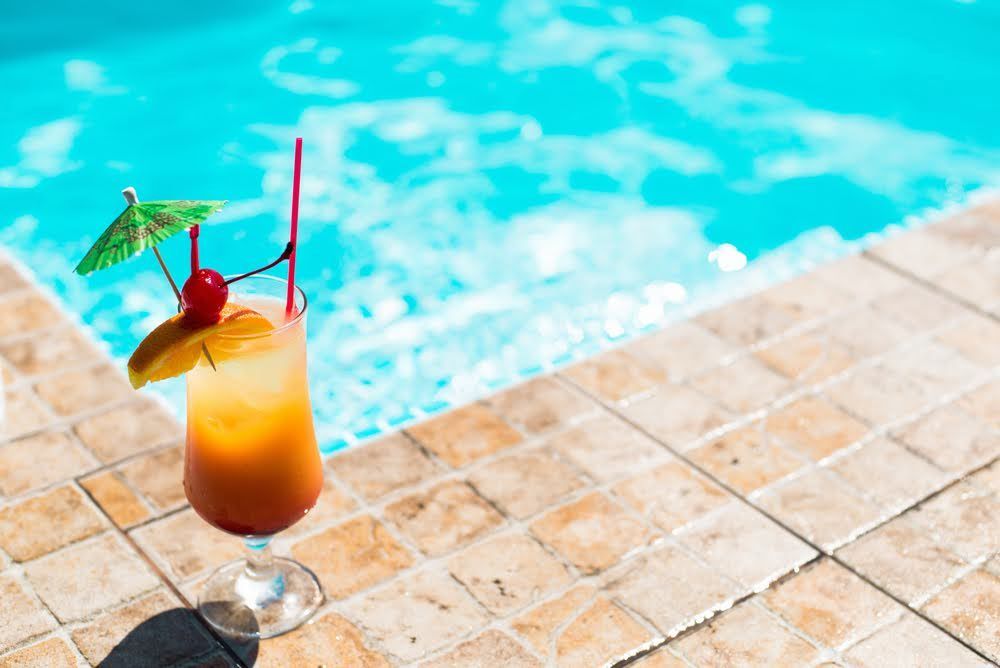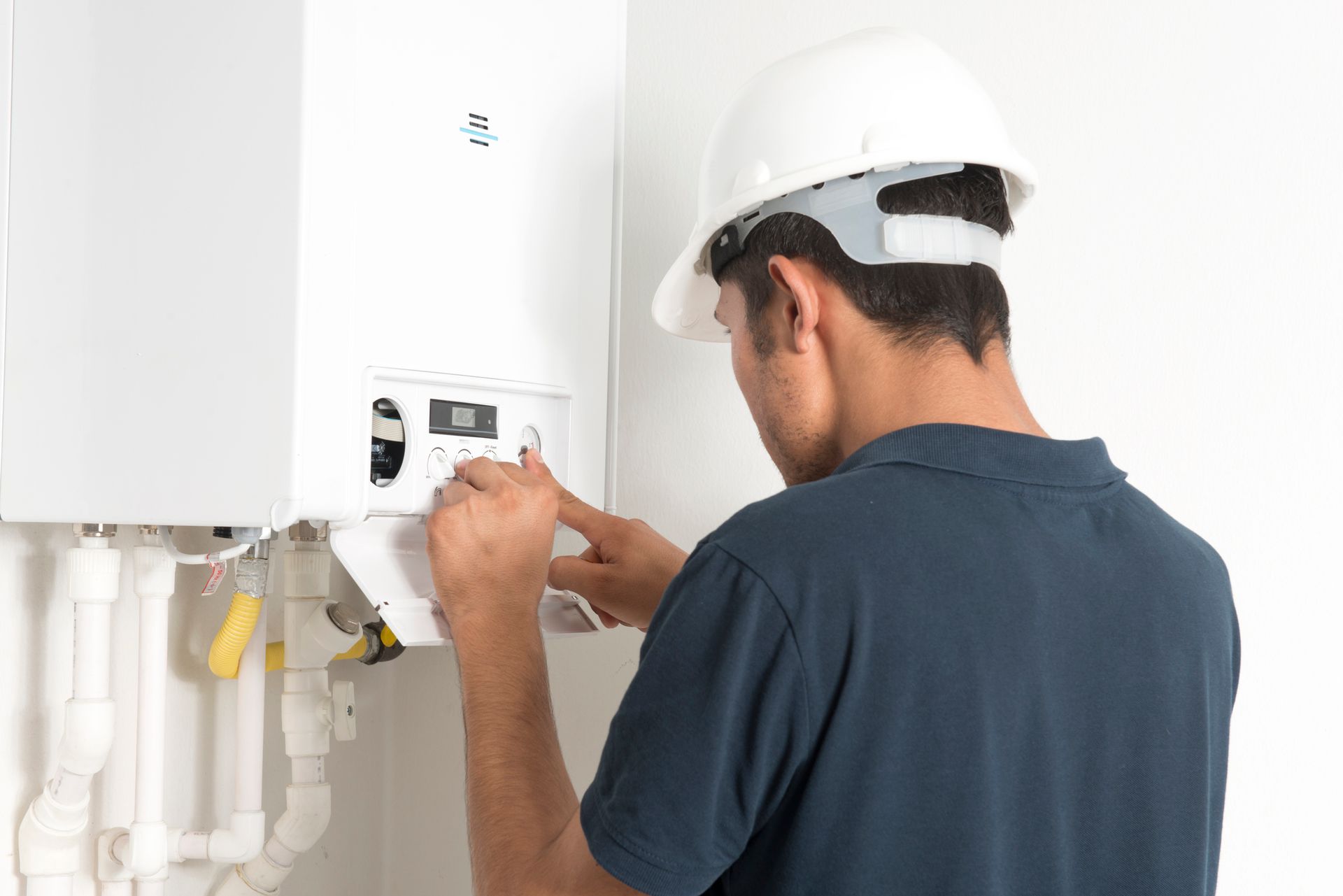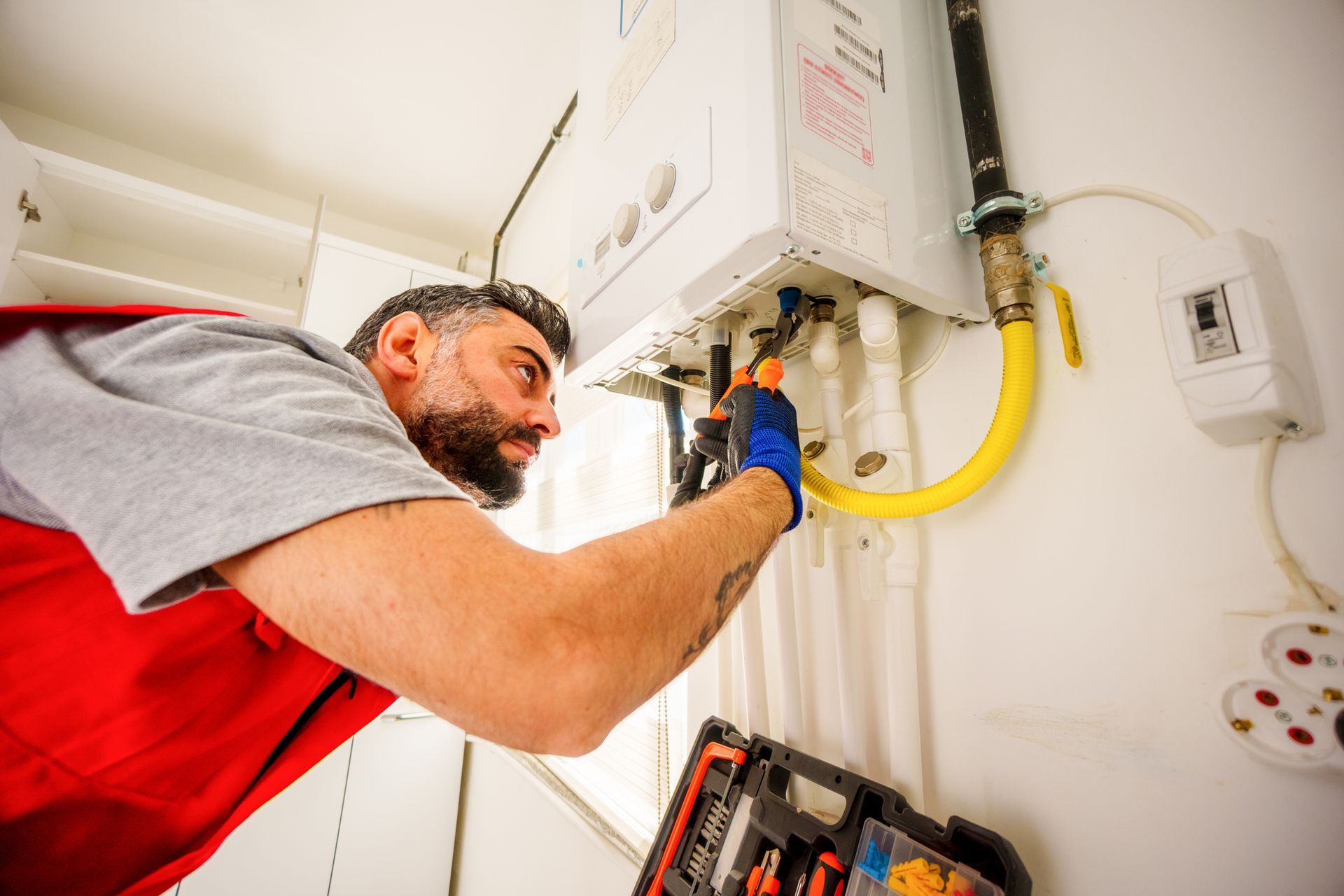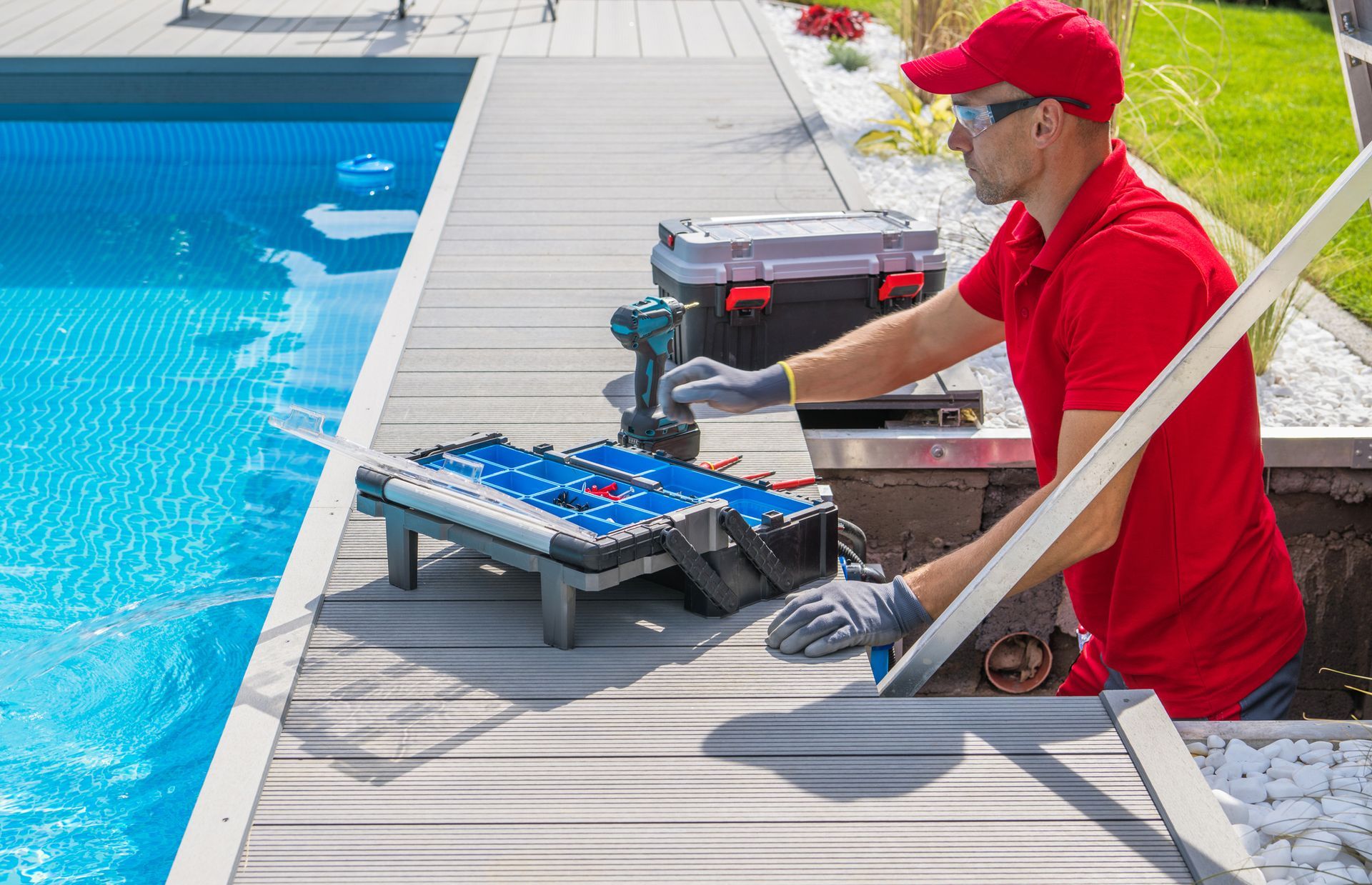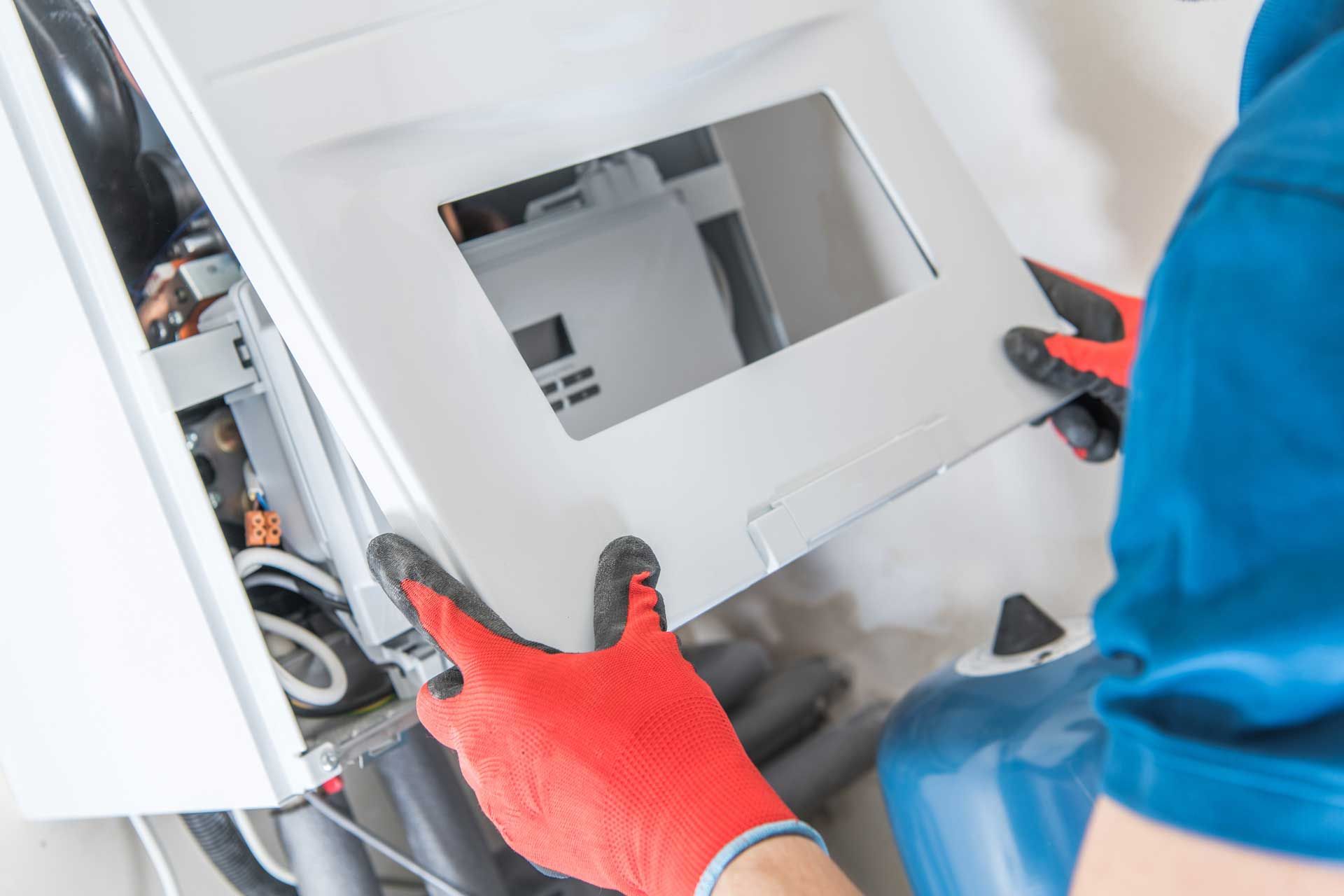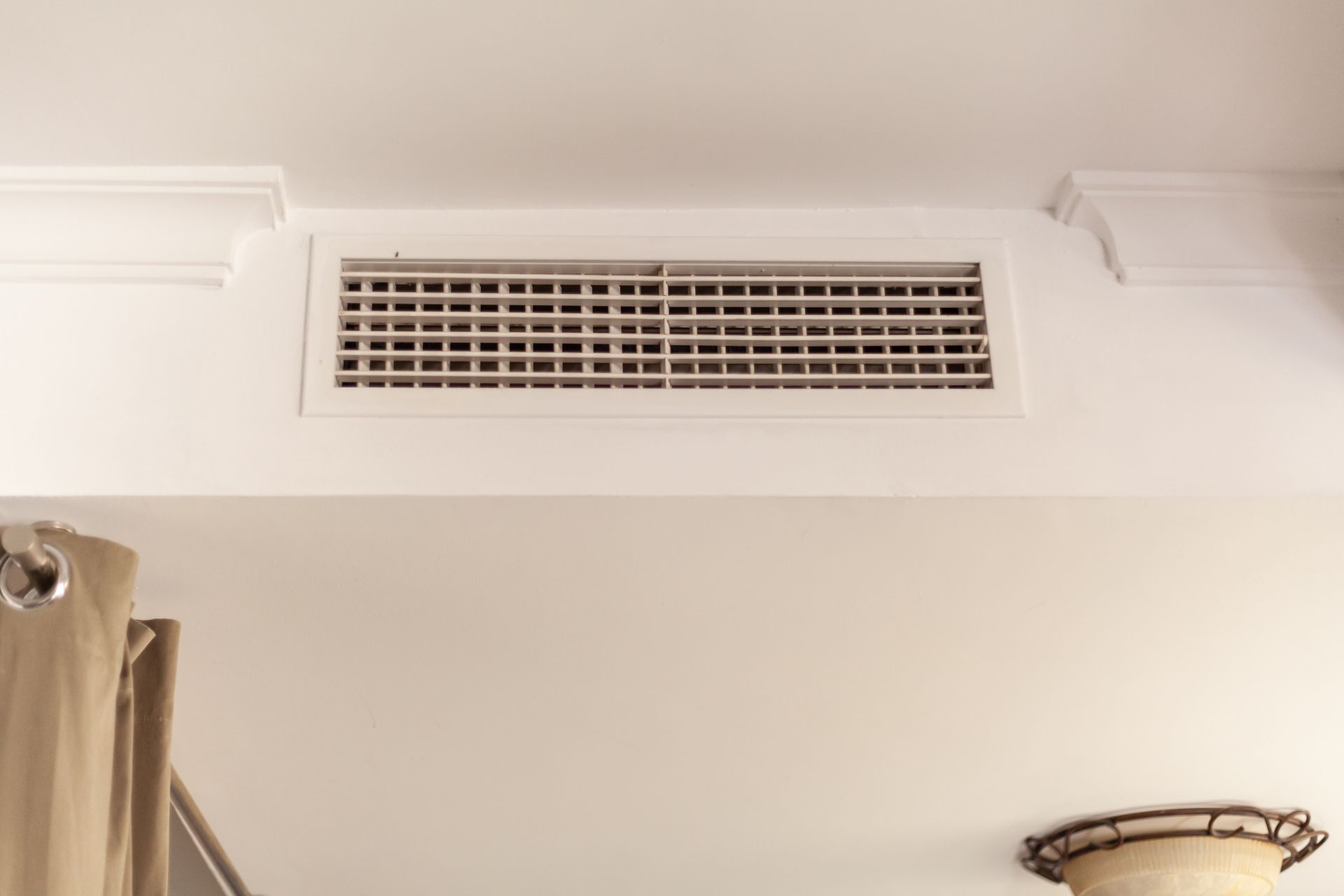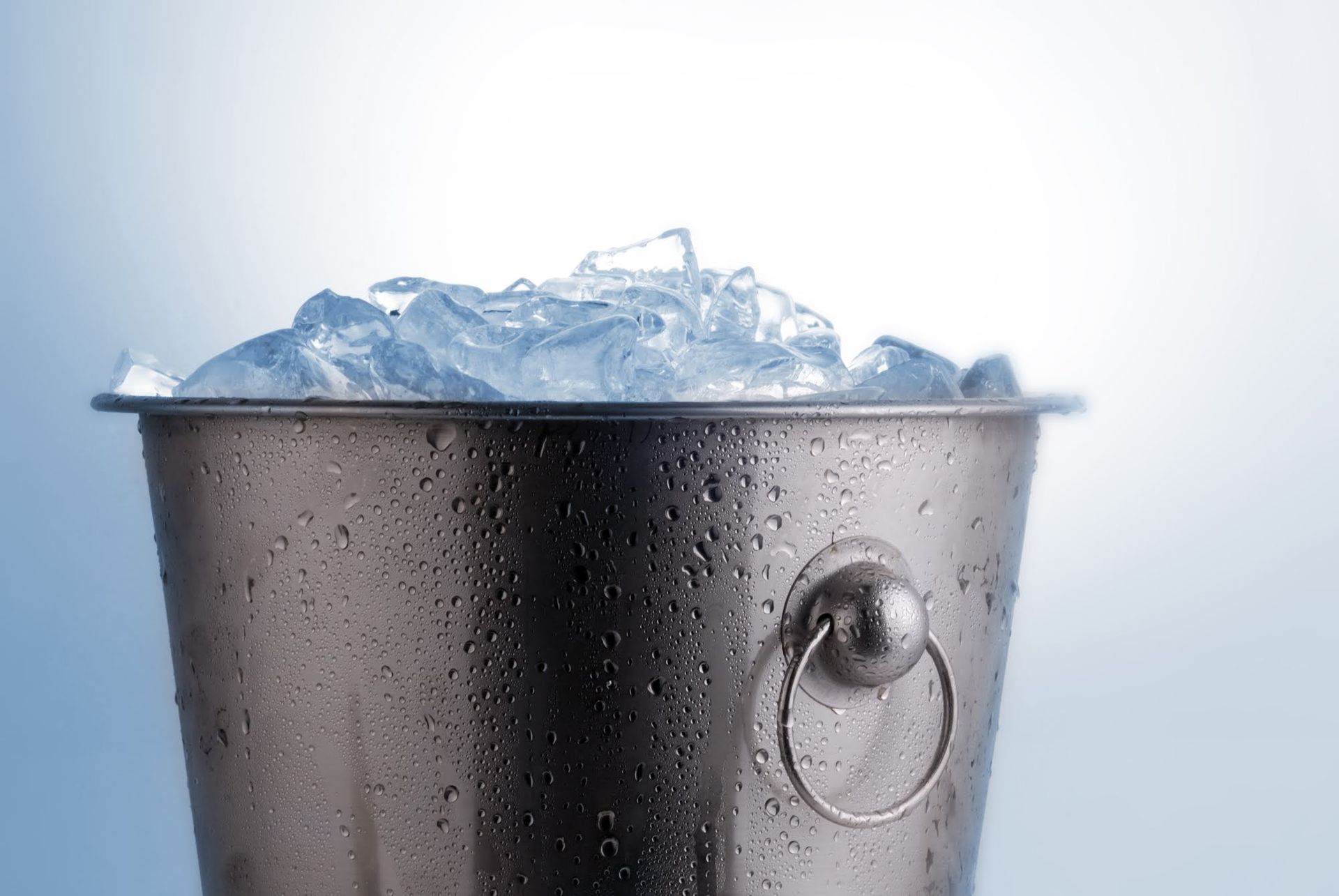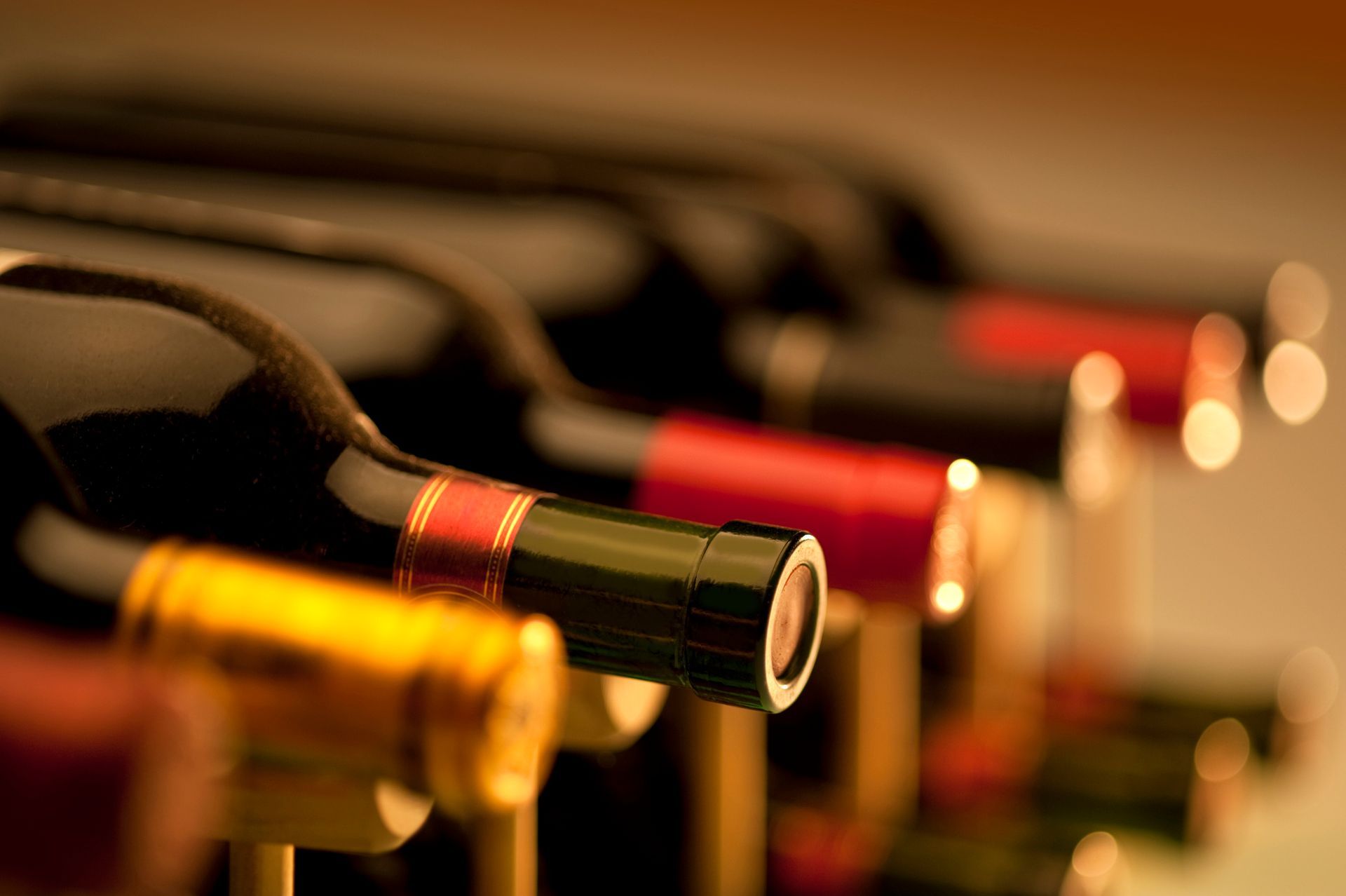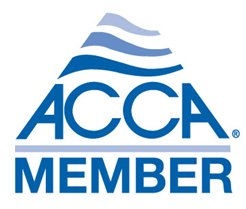What You Should Know About Pool Chiller Replacements
The water in the swimming pool at your home or business can vary in temperature depending on whether it's an indoor or outdoor pool, the size and volume of the pool, surface area, local climate, and other factors. Here are some other things to know about your pool chiller and when it might need to be replaced.
Mechanical vs. Evaporative Pool Chillers
Mechanical pool chillers work by using refrigerant to cool water that flows through a heat exchanger. These are basically air conditioning units with compressors that cool your pool water much in the same way that they would cool a home. Instead of taking heat of the air in your home, it absorbs heat out of the water ion your pool. This process keeps the water from getting too warm and can be highly effective on even the hottest days. These systems also come in heat-pump varieties, providing for warmer pool water in the winter. Evaporative Pool Chillers work by pumping water over a porous media pads that cause the water to evaporate which cools the air in the system and transfers the cooler temperature to the water.
Helps Make the Water Safer
Even though chlorine has the ability to kill a lot of germs and bacteria in swimming pools, water that's too warm can still promote higher levels of these pathogens in your pool. A pool chiller can keep your swimming pool from becoming a breeding ground for these pathogens by keeping water temperatures within recommended ranges.
Helps Control Water pH Levels
The water in your pool should have an ideal potential hydrogen (pH) balance so that the water isn't too acidic or alkaline. Too much algae growth in a swimming pool can throw off the pH levels, and a good pool chiller can cool the water to inhibit algae growth and help the water maintain an ideal pH level of between 7.4 and 7.6, or somewhat alkaline.
Especially Ideal for Shallow Pools
Shallow water tends to heat quicker and can reach hotter temperatures on warm, sunny days. If you have a pool that reaches a depth of six feet or less, a pool chiller can keep the water temperature at a comfortable level even while outdoor temperatures climb.
Factors That May Interfere With a Chiller's Performance
Your existing pool chiller may perform less efficiently or not work at all (But still be pumping). Old age and damaged parts cause pool chillers to work inefficiently or not at all. There could also be issues with the plumbing valves that are interfering with your chiller's performance. So, water flow in and out of the units should be checked.
You owe it to yourself to have a swimming pool with an ideal water temperature, and a high-quality pool chiller can help make your pool the perfect place to cool off on a hot day. Contact us at Environmental Air Systems, Inc. if you need to have a pool chiller replaced, serviced, or properly maintained.
